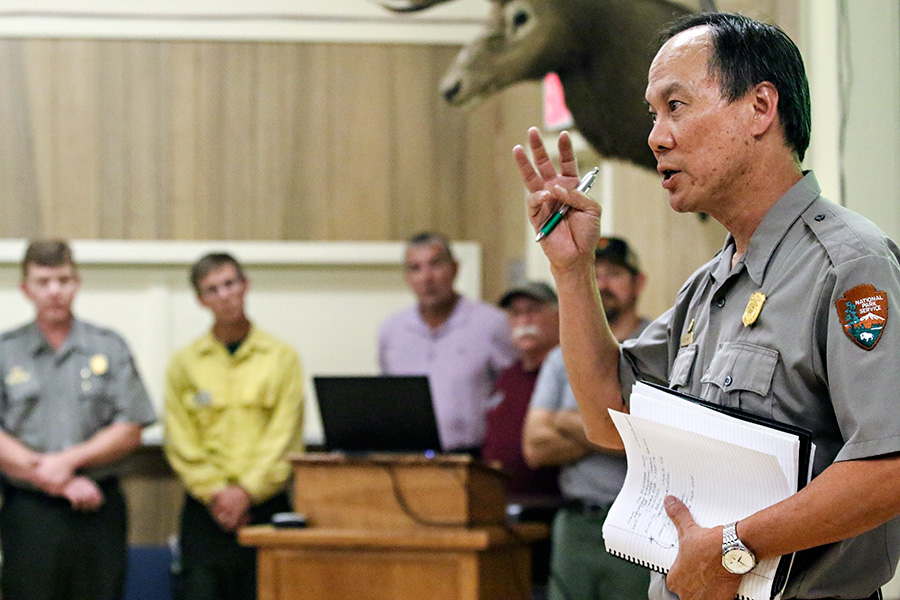On the heels of the state’s first climate assessment, the Montana Institute on Ecosystems, Climate Smart Glacier Country and Flathead Valley Community College are partnering to host a Montana Climate Science Day in Kalispell.
The Oct. 16 event will feature presentations from authors of the recently released 2017 Montana Climate Assessment, a two-year effort by Montana State University faculty and students, state and federal agency researchers, nonprofit organizations, resource managers, and citizens from across the state that describes past and future climate trends that affect the water, agriculture and forestry sectors of Montana.
“The 2017 Montana Climate Assessment can act as a tool to help the citizens of Montana understand past patterns in different regions of Montana and what the climate projections are for each so that projections can be used to inform long range planning as a prudent business practice in the sectors addressed,” says Bruce Maxwell, lead author of the report’s chapter on agriculture and co-director of the Montana Institute on Ecosystems at Montana State University.
Members of the local community working in the water, agriculture and forestry sectors will deliver presentations during the event. These include Tom Bansak, assistant director of the University of Montana’s Flathead Biological Lake Station; Mike Koopal of the Whitefish Lake Institute; Brooke Bohannon of Wicked Good Farm; Ron de Yong, former director of the Montana Department of Agriculture; Greg Poncin, Kalispell forest unit manager for the Montana Department of Natural Resources and Conservation; and Ed Lieser, fire behavior analyst.
Additionally, event attendees will have the opportunity to provide input and feedback for future climate assessments after the presentations.
The Montana Climate Science Day is free and open to the public and will take place at Flathead Valley Community College in the Arts and Technology Building from 1 p.m. to 4 p.m.
Following the afternoon event, Glacier National Park Superintendent Jeff Mow will speak at 7 p.m. He’ll focus on the 2017 Montana Climate Assessment as a launching point to discuss climate change and its effects on Glacier National Park.
Mow’s talk is entitled “Fire and Ice: Are Extreme Conditions the New Normal in Glacier National Park?” Drawing from the climate assessment, he’ll discuss how the park has experienced major disruptions from wildfire during recent summers, resulting in area closures, disruption to transportation systems and water shortages.
The climate assessment projects a future of hotter, driers summers that will collide with Glacier’s increasing visitation levels during the busy summer months.
To learn more about the Montana Institute on Ecosystems, visit www.montanaioe.org. To learn more about Climate Smart Glacier Country, visit www.climatesmartglaciercountry.org.
